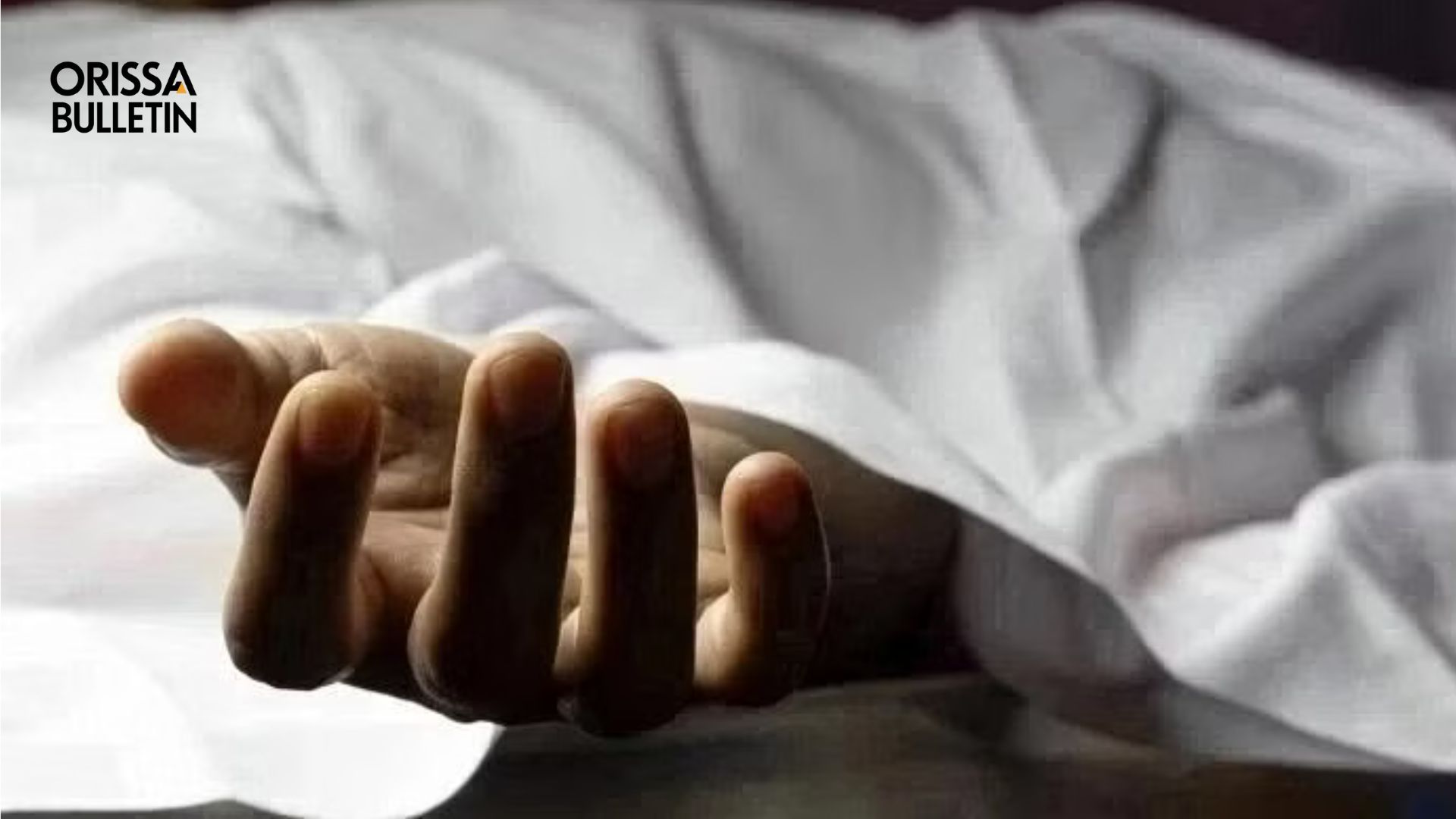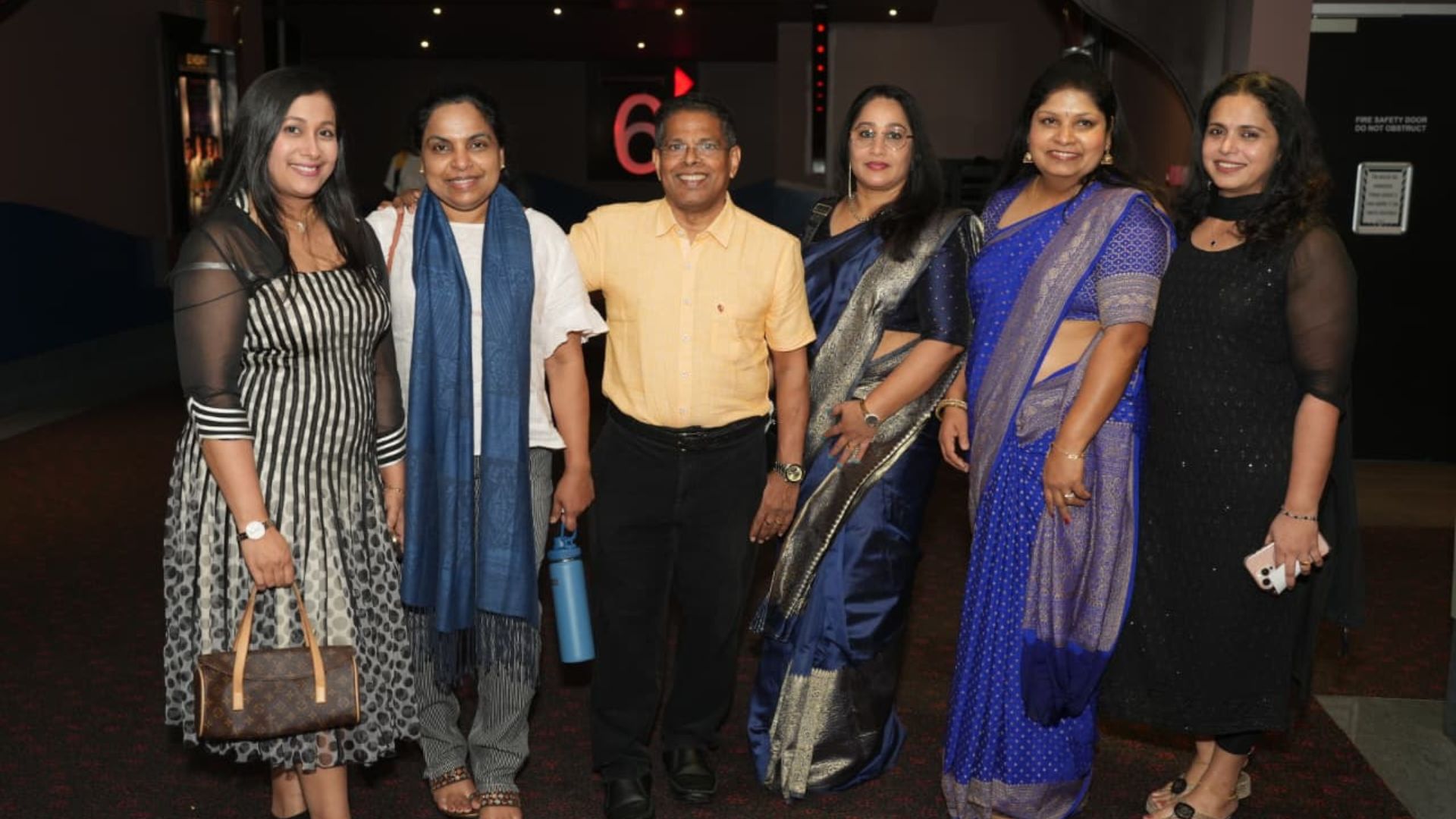A heartfelt appeal has been made by Srikant Jena, a former Union Minister and senior Congress leader. He has urged Prime Minister Narendra Modi to visit the village of Mandipanka in the Kandhamal district of Odisha. This appeal comes in light of a tragic incident where three tribal women lost their lives. These women reportedly died after consuming gruel made from mango kernels due to severe food scarcity in the area.
The Tragedy in Mandipanka
Jena’s request for the Prime Minister’s visit is timely, as Modi is scheduled for a three-day trip to Odisha. During this visit, he will attend the All India DGP/IGP Conference. Jena led a fact-finding team to Mandipanka. He was shocked by the poor living conditions faced by the tribal communities in that region.
According to him, the women’s deaths were a result of desperate circumstances. The villagers had no sufficient food supplies, and they resorted to consuming mango kernel gruel. Jena claims that this situation has worsened because of the collapse of the Public Distribution System (PDS) in the area.
A Plea for Awareness
In a letter to Prime Minister Modi, Jena stated, “I humbly request you to dedicate one day to visiting Mandipanka village. You need to see firsthand how tribal people are living in complete neglect. This visit would shed light on their struggles and show the urgent need for immediate action.”
Jena’s visit to the village revealed the acute food scarcity in the region. The Congress leader believes that if food supplies had been delivered on time, the deaths of the three women might have been avoided. He noted that the people in Mandipanka are so desperate that they have turned to consuming non-food substances.
Government Inaction and Criticism
After the visit, a delegation from the Odisha Pradesh Congress Committee (OPCC) met the Governor of Odisha. They presented the situation on the ground and emphasized the need for urgent government intervention. The Congress has called on the Governor to visit the affected village, but there has been no indication that he plans to do so.
Jena criticized the administration for its inaction. He highlighted issues such as youths migrating to find work. He explained that the administration has not implemented the Mahatma Gandhi National Rural Employment Guarantee Act (MGNREGA) in the region. This has increased the economic hardship faced by the people of Kandhamal.
Lack of Political Support
Jena also pointed out the absence of visits from key political figures. While the district collector did visit Mandipanka a week after the tragedy, neither the Food Supplies Minister nor Chief Minister Naveen Patnaik has shown up. This lack of attention from the government is alarming to the residents of the village.
Local leaders and activists have voiced strong criticism of the government’s inaction. They are calling for immediate measures to address the food crisis. The tragic deaths of the three women have highlighted the urgent need to ensure the well-being of the tribal population in the region.
Highlighting Food Insecurity
Jena’s appeal for Prime Minister Modi to visit Mandipanka is more than just a call for attention. It is an effort to bring national awareness to the struggles faced by tribal communities. Many hope that the visit could lead to swift and decisive government action to alleviate the food crisis.
The situation in Mandipanka has underscored the ongoing issues of food insecurity. It also points to the failure of welfare schemes designed to support tribal areas. Jena’s letter serves as a reminder of the vulnerability of these communities. Their basic needs must be addressed urgently.
The Ongoing Wait for Assistance
As Prime Minister Modi prepares for his visit, there is a glimmer of hope among the villagers. They hope that Jena’s call for attention will resonate. It remains uncertain whether the Prime Minister will allocate time to visit Mandipanka. For now, the people of this village continue to suffer without adequate assistance from the government.
The tragedy emphasizes the pressing need for action. The people of Mandipanka are caught in a cycle of neglect, exacerbated by poverty and food shortages. Their plight requires immediate attention and a commitment to action from the highest levels of government.
Conclusion
The appeal from Srikant Jena highlights a significant issue that impacts the lives of many. The tragic deaths of three women reflect a deeper crisis in food security and access to resources for tribal communities. As the Prime Minister prepares for his visit to Odisha, the hope is that he will see the urgent needs of Mandipanka. The time for action is now. The tribal population deserves support and aid to improve their living conditions and ensure their basic rights.











